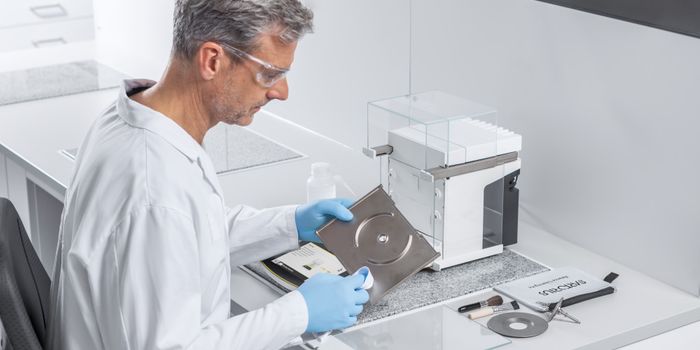Check out this anode-free, zinc-based battery
It is at once imperative and urgent to develop batteries capable of storing large amounts of energy if we are to successfully transition to economies and civilizations that are fully powered by renewable energies. New research published recently in Nano Letters aims to address this concern.
The study describes the development of a prototype of an anode-free, zinc-based battery. The battery, which is low-cost to manufacture and uses naturally abundant materials, aims to offer an alternative to lithium-ion batteries. Lithium-ion batteries, while currently the most common form of battery, are limited in their manufacturing due to the availability of resources.
The battery was designed by Yunpei Zhu, Yi Cui, and Husam Alshareef drawing on previous attempts to utilize aqueous zinc-based batteries. Zinc-based batteries are of interest because they are much safer than lithium-ion batteries, they have high energy density, and zinc occurs in nature in abundance. Yet, previous attempts to use zinc-based batteries have been limited by designs that feature zinc metal anodes which often form zinc metal dendrites that short-circuit the battery.
In order to address this design problem, the research team explored the possibility of a zinc-based battery that lacked an anode. In this structure, the battery contains a manganese dioxide cathode rich in zinc ions. The cathode sits in an aqueous zinc trifluoromethanesulfonate electrolyte solution and has a copper foil current collector.
Eureka Alert explains how the system works: “During charging, zinc metal gets plated onto the copper foil, and during discharging the metal is stripped off, releasing electrons that power the battery. To prevent dendrites from forming, the researchers coated the copper current collector with a layer of carbon nanodiscs. This layer promoted uniform zinc plating, thereby preventing dendrites, and increased the efficiency of zinc plating and stripping.”
Their creativity and persistence proved worthy: the researchers’ battery showed to be capable of keeping 62.8% of its storage capacity after 80 charging and discharging cycles. Watch out world - this high efficiency and energy-dense battery could be the next big thing.
Sources: Nano Letters, Eureka Alert









